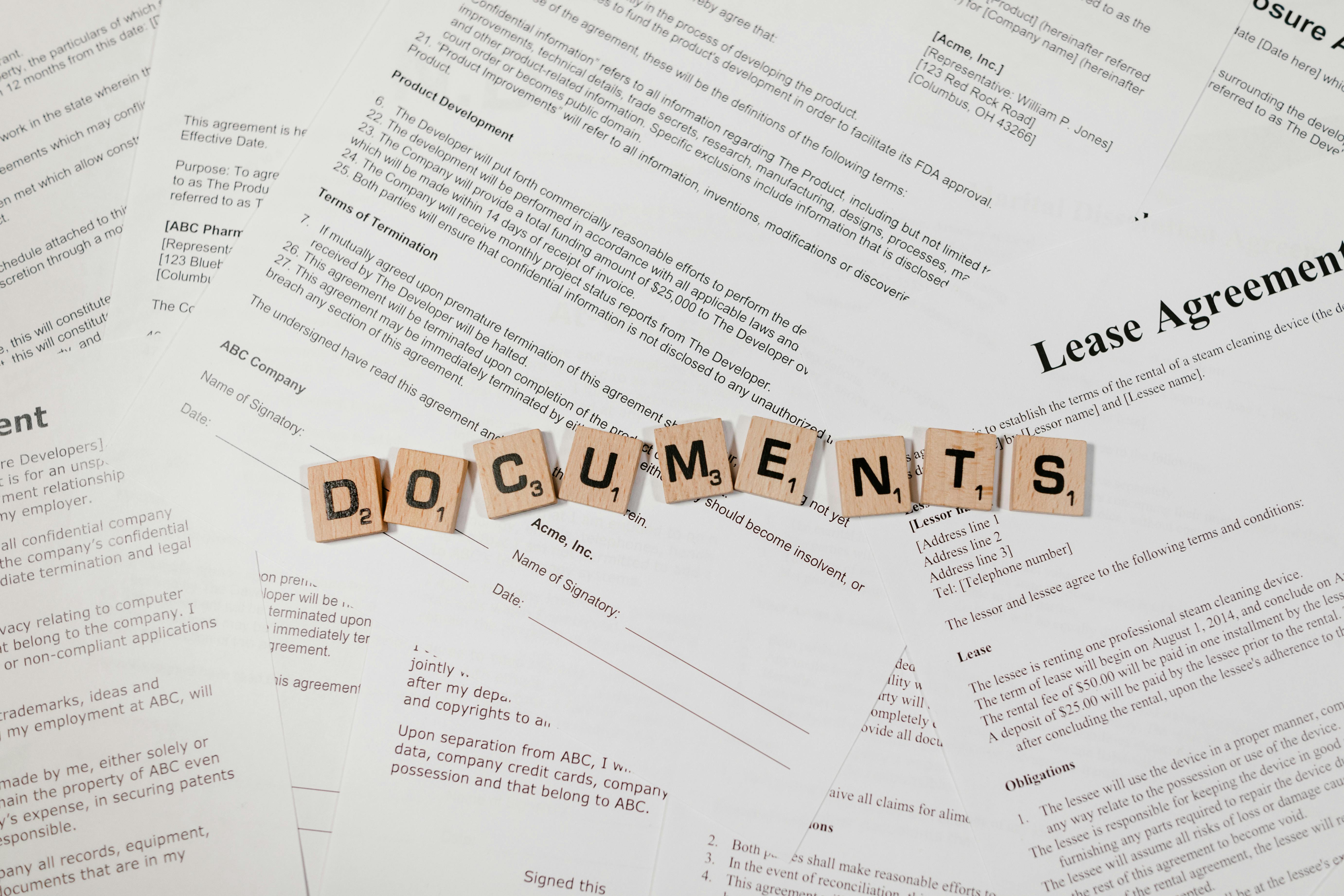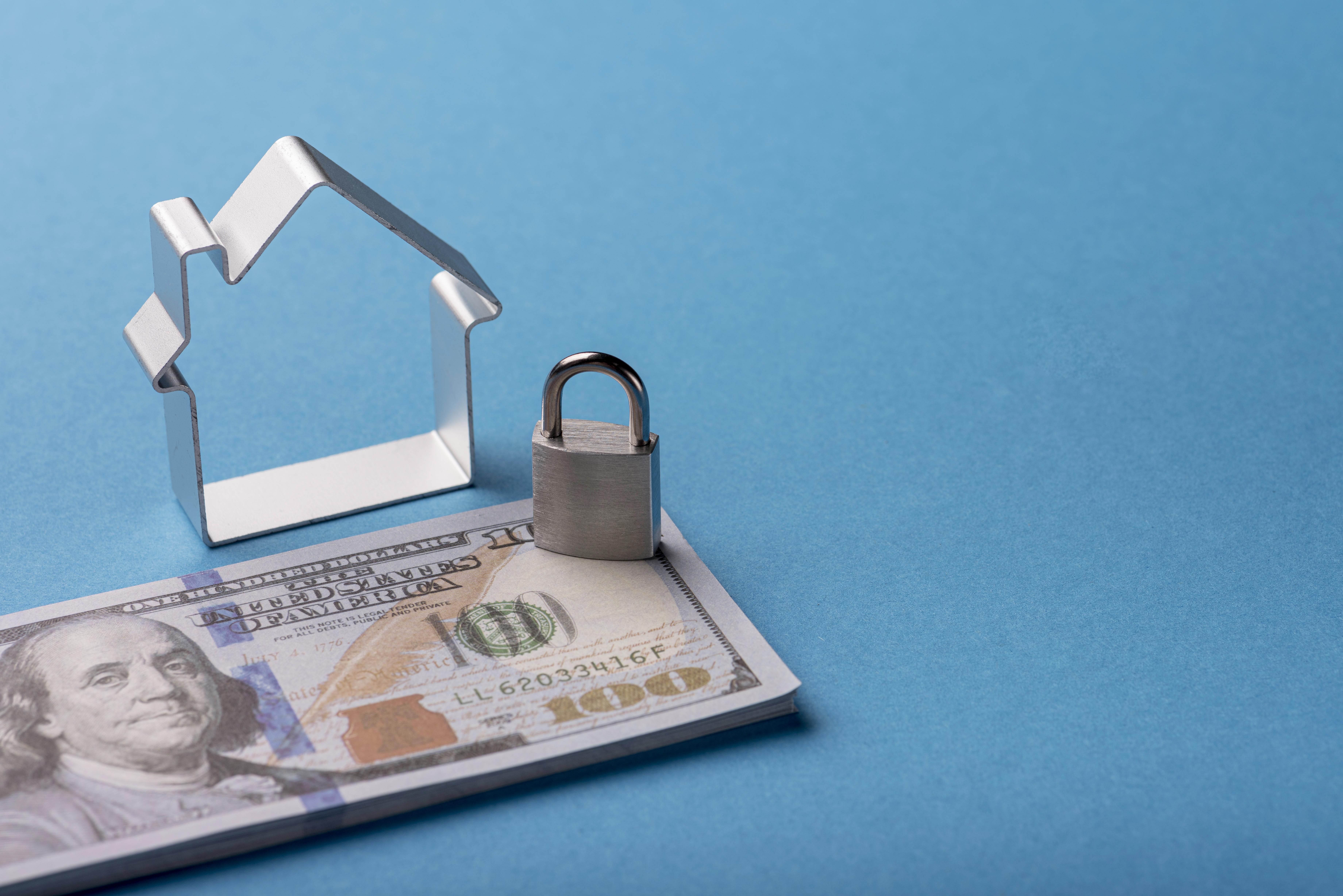Landlord Legal Checklist for the End of the Year

As the year wraps up, landlords often focus on taxes, maintenance, and tenant renewals—but it’s also the perfect time to make sure your rental business is legally buttoned up. A few simple checks now can help you avoid fines, disputes, or legal surprises later. Whether you manage one unit or several, this year-end legal checklist will help you close the year on solid ground.
1. Review Your Lease Agreements

Start by pulling out your active leases and reviewing the details. Make sure each lease is current, signed by all parties, and includes any updates that reflect your property’s latest policies or local regulations. Check renewal dates and notice periods, and confirm that rent increases (if any) comply with your area’s rent control or notice laws. If you’ve used different versions of lease templates over time, consider standardizing them for consistency going forward.
Read more: Common Mistakes in Drafting Lease Agreements for Rental Properties
2. Verify Tenant and Property Records
Accurate records aren’t just good business—they’re a legal necessity. Confirm that you have updated tenant information, including emergency contacts and payment histories. Review your property files too: copies of inspection reports, maintenance receipts, and repair requests should be organized and easy to access. These documents are your first line of defense if a legal dispute arises.
3. Check Compliance with Local Housing Laws
Rental regulations often change quietly throughout the year. Before the calendar turns, take a moment to confirm your property complies with any recent updates to landlord-tenant laws in your area. That includes safety requirements, eviction rules, fair housing updates, or new local ordinances about rent caps or inspection standards. Staying informed keeps you compliant—and protects you from costly penalties.
4. Inspect and Document Property Conditions
Schedule year-end inspections (with proper notice to tenants) to ensure the property remains in good condition. Look for safety concerns such as broken locks, faulty smoke or carbon monoxide detectors, or maintenance issues that could become bigger problems later. Document everything with photos or written notes. If repairs are needed, schedule them promptly and keep receipts to show you took appropriate action.
5. Review Security Deposits

Security deposit handling is one of the most common sources of landlord-tenant disputes. Double-check that deposits are stored according to your state’s requirements—some jurisdictions require separate accounts or interest accrual. Make sure deductions are clearly documented, and send itemized statements for any deposit returns due before year’s end.
6. Prepare for Tax Season Early
Organize your income and expense records now rather than scrambling in the new year. Keep documentation for mortgage interest, repairs, utilities, insurance, and property management fees. If you’ve made capital improvements, record them separately—they may offer valuable tax deductions or depreciation benefits.
7. Plan for Next Year
Use this time to assess your property goals for the upcoming year. Do you plan to raise rents, make upgrades, or expand your portfolio? Review your legal and financial strategies to ensure everything aligns with your long-term plans.
Final Thoughts
An organized landlord is a legally protected landlord. By tackling these end-of-year legal tasks now, you’ll enter the new year confident, compliant, and ready for a smooth start. A little effort today can save you a lot of legal trouble tomorrow.
For legal help in California and your other needs, contact BERYS LAW on this page. We also offer courses on real estate investing, landlording, and templates right here!
Stay connected with news and updates!
Join our mailing list to receive the latest news and updates from our team.
Don't worry, your information will not be shared.